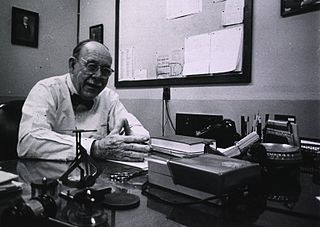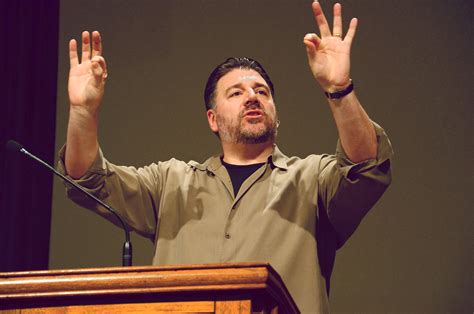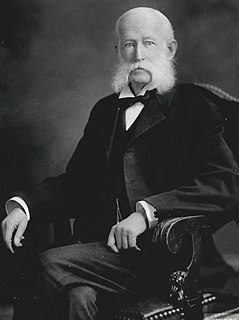A Quote by Edwin Boring
Half the time I read Hayek's The Sensory Order with amazement at the extent of his reading and comprehension. He is right most of the time.
Related Quotes
The great opposition to reading is what I allow to fill my time instead of reading. To say we have no time to read is not really true; we simply have chosen to use our time for other things, or have allowed our time to be filled to the exclusion of reading. So don't add reading to your to-do list. Just stop doing the things that keep you from doing it. But read.
You need to have a reader's sympathy in order to accomplish anything. It's like at a reading, I find it's better to read something funny than to read something tragic. It just goes over better because you have a finite amount of time with somebody. Of course, in a book, you have a lot of time. But you still do want to make a certain impression right when you begin.
We have an obligation to read aloud to our children. To read them things they enjoy. To read to them stories we are already tired of. To do the voices, to make it interesting, and not to stop reading to them just because they learn to read to themselves. Use reading-aloud time as bonding time, as time when no phones are being checked, when the distractions of the world are put aside.
I never need to find time to read. When people say to me, ‘Oh, yeah, I love reading. I would love to read, but I just don’t have time,’ I’m thinking, ‘How can you not have time?’ I read when I’m drying my hair. I read in the bath. I read when I’m sitting in the bathroom. Pretty much anywhere I can do the job one-handed, I read.
He wanted nothing, for the time being, except to understand .... Without advice, assistance or plan, he began reading an incongruous assortment of books; he would find some passage which he could not understand in one book, and he would get another on that subject .... There was no order in his reading; but there was order in what remained of it in his mind.
We work with tweens. Middle school grades. That's a key time in a young person's literary history. That's the time when they're still open to reading, but there are other things that are starting to interest them that can pull them out of their reading habits. It's a critical time to make the reading habits stick, but at the same time it's not pulling teeth to try to get them to read in the first place.
A reader does not suddenly comprehend what is being read or studied, in a snap, miraculously. Comprehension needs to be worked forged, by those who read and study; as subjects of the action, they must seek to employ appropriate instruments in order to carry out the task. For this very reason, reading and studying form a challenging task, one requiring patience and perseverance.
Virtue means doing the right thing, in relation to the right person, at the right time, to the right extent, in the right manner, and for the right purpose. Thus, to give money away is quite a simple task, but for the act to be virtuous, the donor must give to the right person, for the right purpose, in the right amount, in the right manner, and at the right time.

































